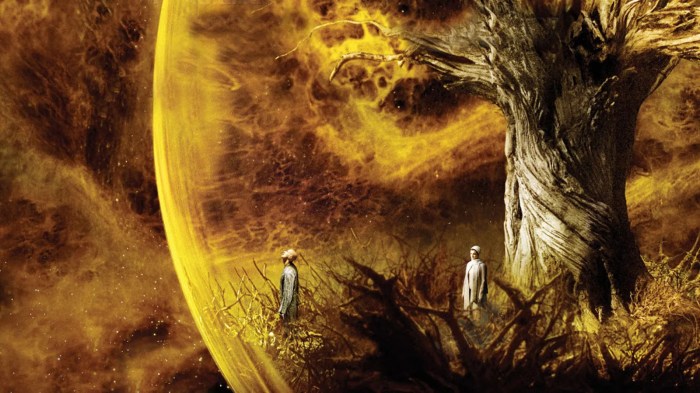Evergreen trees were considered a symbol of _____. – Evergreen trees have been considered symbols of life, eternity, and divinity across cultures and traditions. Their enduring presence and verdant foliage have inspired art, literature, mythology, and religious practices for centuries.
From the towering redwoods of California to the majestic cedars of Lebanon, evergreen trees have played a significant role in human history and continue to captivate our imaginations.
Symbolism and Cultural Significance

Evergreen trees, with their vibrant greenery and enduring nature, have held deep cultural significance in societies across the globe. Their symbolic meanings vary widely, but they often represent life, eternity, strength, and resilience.
Art, Literature, and Mythology
In art, literature, and mythology, evergreen trees have been depicted as symbols of immortality, growth, and prosperity. The World Tree, a central motif in many ancient cultures, represented the axis mundi, connecting the heavens, earth, and underworld.
Religious and Spiritual Beliefs
Evergreen trees have played a significant role in religious and spiritual practices. In ancient Egypt, the evergreen cedar was associated with the god Osiris, representing life and resurrection. In Christianity, the evergreen holly symbolizes the crown of thorns worn by Jesus.
Seasonal Celebrations and Festivals
Evergreen trees are closely intertwined with seasonal celebrations and festivals worldwide. In the northern hemisphere, they are often used to decorate homes and public spaces during the winter holidays, symbolizing hope and the promise of new life.
Medicinal and Practical Uses, Evergreen trees were considered a symbol of _____.
Beyond their symbolic and spiritual significance, evergreen trees have also been valued for their medicinal and practical uses. Their extracts and oils have been traditionally used to treat a wide range of ailments, from respiratory issues to skin conditions.
Environmental and Ecological Importance
Ecologically, evergreen trees play a vital role in maintaining biodiversity, soil health, and carbon sequestration. Their dense foliage provides habitat for numerous species, while their root systems help prevent soil erosion and store carbon dioxide.
FAQ Summary: Evergreen Trees Were Considered A Symbol Of _____.
What is the cultural significance of evergreen trees?
Evergreen trees have been revered in many cultures as symbols of life, eternity, and divinity. They have been used in art, literature, and mythology to represent strength, resilience, and the enduring spirit of nature.
How have evergreen trees been incorporated into religious practices?
Evergreen trees have played a significant role in religious and spiritual traditions worldwide. In Christianity, they are associated with the birth of Jesus Christ and eternal life. In ancient Egypt, they were considered sacred to the goddess Isis. And in many Native American cultures, they are seen as symbols of the Creator and the connection between humans and the natural world.
What are the medicinal and practical uses of evergreen trees?
Evergreen trees have been used for centuries for their medicinal and practical properties. Their extracts and oils have been used to treat a variety of ailments, including respiratory problems, skin conditions, and digestive issues. The wood of evergreen trees is also highly valued for its durability and resistance to rot, making it ideal for construction and other purposes.


